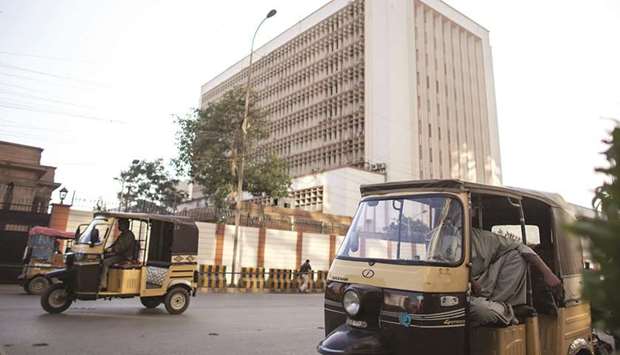The State Bank of Pakistan (SBP) is all set to introduce a world-class payment system called ‘Rast,’ which will be a huge leap in the digitisation of the country’s financial mechanism.
The development was announced by SBP deputy governor, Sima Kamil. While talking to a private media outlet, she said the central bank would launch the new system from January 11.
“From Monday onwards, the central bank will initiate a new payment system called ‘Rast’, as we believe this a right way forward for the country,” said Kamil.
She said that despite the availability of 160mn mobile phones, the digital economic participation is very limited, as people rely on cash for payments.
She said under the new system, the central bank aims to reduce the volume of cash-based transactions, as a number of social issues arise due to the prevalent system.
Kamil shared that in the first step, instant credit of dividends from listed companies to shareholders will be initiated.
“In the next phase, that will take a number of months, the payment system would digitise the payments made to government employees in wages and pension; this would be fast, free and safe,” she said.
Earlier, governor SBP Reza Baqir briefed the forum about the significant progress made since the last stakeholder’s consultative meeting and the important steps taken by the SBP to facilitate digital payments.
He said the development of Pakistan’s Instant Payments System project powered by SBP in collaboration with its partners has progressed significantly and the prime minister will soon launch the completion of its first phase. This phase will enable instant transfer of dividend payments directly into the bank accounts of investors by Central Depository Company (CDC).
Talking about the scope of ‘Rast’ payment system, Kamil informed that in the next phase the upcoming payment system would digitise the BISP and Ehsaas payments by June. “Some 16mn women would be facilitated with this system,” she said.
Kamil informed that the upcoming payment system has been implemented in advanced countries, i.e. the UK and Australia.

Auto rickshaws travel past the State Bank of Pakistan building in Karachi (file). The SBP is all set to introduce a world-class payment system called ‘Rast,’ which will be a huge leap in the digitisation of the country’s financial mechanism.
